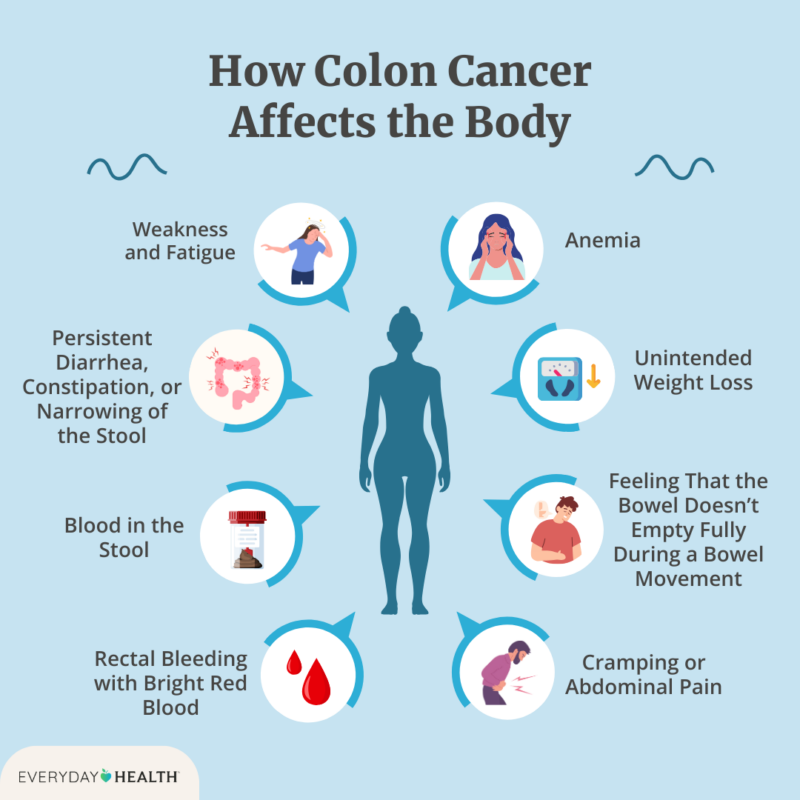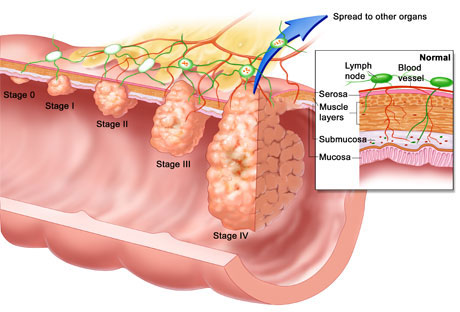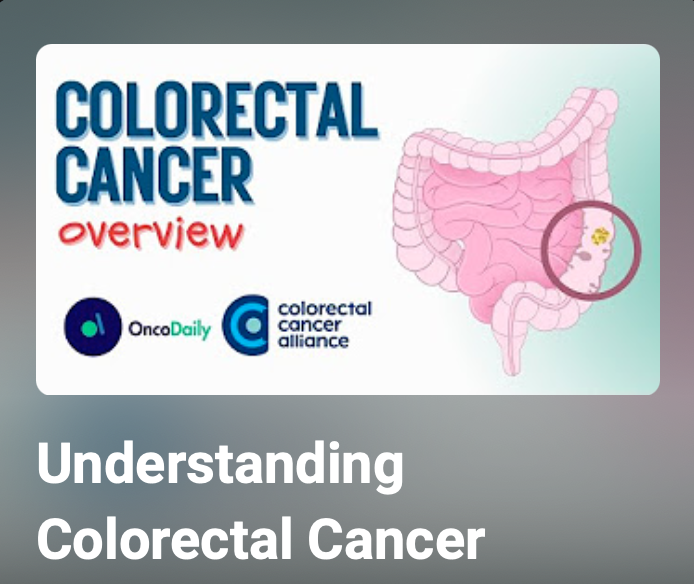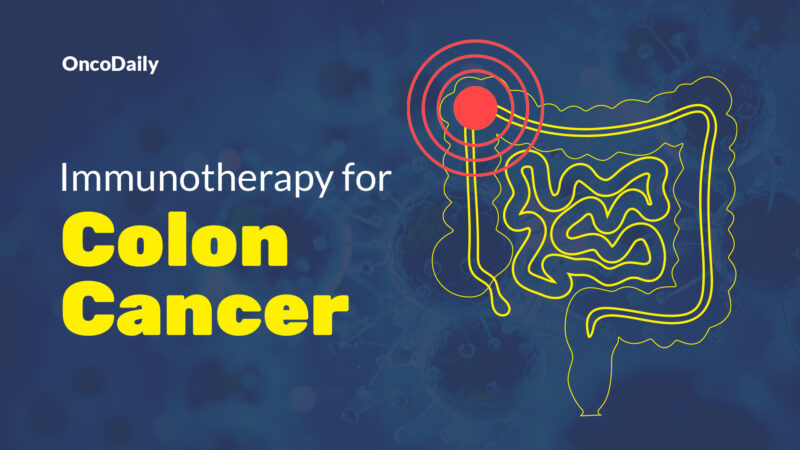During the second season of The Osbournes, Sharon allowed cameras to document her battle with colon cancer, raising awareness about the disease and its impact on families. She also participated in PSAs for CBS, sharing her experience to highlight the importance of regular screenings and early detection. In interviews, including with Hello! magazine, Sharon discussed her decision to undergo a double mastectomy after learning she carried the breast cancer gene. She emphasized the importance of genetic testing and proactive health measures for mental well-being.
How Did Sharon Osbourne Get Diagnosed with Colon Cancer?
Sharon Osbourne’s diagnosis of colon cancer in July 2002 was a turning point in her life, influenced by a combination of family history and the importance of early detection. Initially, she had been feeling unusually tired, a symptom she attributed to her busy lifestyle. However, a routine blood test revealed severe anemia, prompting her to undergo a colonoscopy. This procedure uncovered the presence of cancer, which had already spread to her lymph nodes, marking it as stage 3 cancer.
The circumstances surrounding her diagnosis were significantly impacted by her husband, Ozzy Osbourne. After he underwent a physical examination that revealed polyps on his colon, he persistently urged Sharon to get checked as well. Despite her aversion to doctors and hospitals, she eventually complied with his insistence. Sharon later reflected on the importance of this push for early screening, stating.
“I had no idea that nearly 90 percent of colon cancer was in people aged 50 or over,”
highlighting the need for awareness about the disease’s prevalence.
Symptoms
Sharon Osbourne may have experienced several symptoms related to her colon cancer diagnosis, such as abdominal pain, changes in bowel habits (including diarrhea or constipation), and blood in her stool. These symptoms are important warning signs of colon cancer, as they can indicate underlying issues that require medical attention.

What Was Sharon Osbourne’s Reaction to Her Cancer Diagnosis?
Sharon Osbourne’s reaction to her colon cancer diagnosis in July 2002 was one of shock and fear, describing it as feeling “like someone had punched me in the stomach.” The news devastated her family, with Ozzy admitting, “When I heard, I simply fell apart.” Sharon’s fears were compounded by concern for her family’s well-being, saying, “I felt worse for Ozzy and the kids than for myself.” Despite the seriousness of her situation, she chose to document her journey on The Osbournes, believing transparency could help others. She explained,
“If I had asked the cameras to leave, they would have sensed it was serious.”
What Was the Prognosis?
The survival rates for colon cancer vary significantly based on the stage at diagnosis. Colon cancer prognosis varies significantly depending on the stage at diagnosis, with early detection being crucial for better outcomes. According to the American Cancer Society, the 5-year relative survival rate for localized colon cancer (confined to the colon or rectum) is 91%, indicating an excellent prognosis when caught early. For regional stage colon cancer, like Sharon Osbourne’s, where the disease has spread to nearby structures or lymph nodes, the 5-year relative survival rate is 73%. However, for distant stage colon cancer, which has metastasized to remote parts of the body, the 5-year relative survival rate drops to 13%. These statistics, based on data from 2013 to 2019, underscore the importance of early detection and treatment. It’s important to note that these survival rates are estimates and individual outcomes may vary based on factors such as age, overall health, response to treatment, and specific tumor characteristics.
What Treatments Did Sharon Osbourne Undergo?
Sharon Osbourne’s treatment plan for colon cancer included surgery and a subsequent three-month chemotherapy regimen.
Surgery and Chemotherapy
On July 3, 2002, Sharon underwent surgery to remove a cancerous section of her colon, with over a foot of the organ being resected. Surgeons also removed two lymph nodes, one of which tested positive for cancer, indicating the disease had spread. This surgery is a common treatment for localized colon cancer that has affected nearby lymph nodes. Sharon began chemotherapy on July 29, 2002, starting a three-month regimen of multiple cycles, typically administered every two to three weeks. The goal was to eliminate remaining cancer cells and reduce the risk of recurrence.
How Did Sharon Osbourne Overcome Colon Cancer?
Sharon Osbourne’s journey of overcoming colon cancer is marked by remarkable mental resilience and determination, supported significantly by her family. Diagnosed in July 2002, she faced the news with a mix of fear and resolve. Initially shocked by the diagnosis, she quickly shifted her perspective, recognizing the importance of taking control of her health.
Support from Family and Friends
Sharon Osbourne’s battle with colon cancer was deeply supported by her family, especially Ozzy and their children, Kelly and Jack. Ozzy’s initial reaction was one of deep distress, becoming “hysterical” and requiring sedation. This vulnerability brought them closer as they faced the ordeal together. Sharon also worked to maintain normalcy for Kelly and Jack, using her role as a mother to stay strong. She documented her chemotherapy on The Osbournes, finding that sharing her journey helped distract from the illness. Sharon later reflected that the love and encouragement from her family were crucial in overcoming her fears, playing a vital role in her recovery.
Emotional and Mental Challenges
Sharon Osbourne faced emotional and mental health challenges during her cancer journey, particularly anxiety over recurrence and the pressure of media scrutiny. To cope, she prioritized open communication with family and friends, which provided vital support. Humor helped her maintain a positive outlook, while self-care practices like mindfulness and exercise were key for her mental health. Therapy also offered strategies to manage anxiety. By sharing her experience, Sharon raised cancer awareness and empowered others facing similar challenges. Her resilience underscores the importance of support, humor, and proactive mental health care in overcoming adversity.
How Did Advocacy and Public Awareness Help?
Sharon Osbourne has effectively used her platform to raise awareness about colon cancer, emphasizing the importance of early detection and screenings.
Public Speaking and Advocacy
During the second season of The Osbournes, Sharon allowed cameras to document her battle with colon cancer, raising awareness about the disease and its impact on families. She also participated in PSAs for CBS, sharing her experience to highlight the importance of regular screenings and early detection. In interviews, including with Hello! magazine, Sharon discussed her decision to undergo a double mastectomy after learning she carried the breast cancer gene. She emphasized the importance of genetic testing and proactive health measures for mental well-being.
Collaborations with Health Organizations
- Sharon Osbourne Colon Cancer Program: Sharon established this program at Cedars-Sinai Medical Center to provide resources for colon cancer patients and raise awareness about the importance of screenings. She has spoken at various events, sharing her personal journey to inspire others to seek early detection.
- Breast Cancer Awareness Month: Each October, Sharon uses her platform to promote Breast Cancer Awareness Month, encouraging both men and women to get tested and understand their hereditary cancer risks. Her advocacy includes public appearances where she emphasizes the importance of early detection.
What Is Sharon Osbourne’s Life Like After Cancer?
Sharon Osbourne, post-treatment, continues to navigate her life in the entertainment industry while managing ongoing health challenges. Following a health scare in December 2022, where she fainted during filming, she reassured fans about her recovery and remains active on her family’s podcast, “The Osbournes,” discussing various topics and engaging with her audience.
Ongoing Health Challenges
Sharon Osbourne has experienced lasting health effects from her cancer treatments, particularly fatigue and digestive issues stemming from her battle with colon cancer in 2002. After undergoing chemotherapy and a significant surgical procedure that removed a foot of her colon, she has reported ongoing digestive challenges, which are common among survivors of such treatments.
To manage her health post-cancer, Sharon emphasizes the importance of routine check-ups and healthy lifestyle choices. She has adopted dietary changes, focusing on nutrient-dense foods and intermittent fasting, which help her maintain a balanced weight and improve overall well-being.
What Causes Colon Cancer?

Genetic Factors and Family History
Lifestyle and Environmental Factors
Lifestyle choices significantly impact the risk of colon cancer. A diet high in red and processed meats, low in fiber, and lacking fruits and vegetables increases this risk, as such diets can lead to inflammation and changes in gut bacteria that may promote cancer development. Smoking is also linked to various cancers, including colon cancer, as tobacco use damages DNA and can encourage cancerous changes over time. Additionally, a sedentary lifestyle is associated with a higher risk of colon cancer; regular physical activity helps maintain a healthy weight, improves digestion, and reduces inflammation.
How Can Colon Cancer Be Prevented?
Preventing colon cancer involves a combination of regular screenings, healthy lifestyle changes, and dietary recommendations
Regular Screenings and Colonoscopies
Lifestyle Changes
Incorporating regular exercise into your routine is essential; aim for at least 30 minutes of moderate activity most days (American Heart Association, 2021). Additionally, quitting smoking can significantly reduce your overall cancer risk (National Cancer Institute, 2023). Finally, maintaining a healthy weight through a balanced diet and regular physical activity is crucial. By making these changes, you can significantly lower your risk of colon cancer.
Dietary Recommendations
To help prevent colon cancer, consider adopting key lifestyle changes. First, increase your fiber intake by eating more fruits, vegetables, legumes, and whole grains, while limiting red and processed meats in favor of lean proteins like poultry and fish (American Cancer Society, 2023). Staying hydrated by drinking plenty of water is also important, as is moderating alcohol consumption—aim for one drink per day for women and two for men (U.S. Dietary Guidelines, 2020).
To Learn More You can Watch OncoDaily: Understanding Colorectal Cancer animated series on Youtube

FAQs
When was Sharon Osbourne diagnosed with cancer?
Sharon Osbourne was diagnosed with colon cancer in July 2002, after undergoing a colonoscopy prompted by her husband, Ozzy Osbourne, who had found polyps during a physical examination13.
What type of cancer did Sharon Osbourne have?
Initially diagnosed with colon cancer, it was later revealed that the cancer had spread to her lymph nodes, making her condition more serious than initially thought3.
How did Sharon Osbourne respond to her cancer diagnosis?
Despite the severity of her diagnosis, Sharon insisted on allowing MTV cameras to document her treatment during the filming of The Osbournes, hoping to raise awareness and help others facing similar challenges.
What treatment did Sharon Osbourne undergo for her colon cancer?
Following her diagnosis, Sharon underwent surgery to remove part of her colon and subsequently received chemotherapy as part of her treatment regimen.
What is Sharon Osbourne known for?
Sharon Osbourne is best known for her role as a judge on talent shows like The X Factor and America’s Got Talent, as well as for her reality TV show The Osbournes.
How old is Sharon Osbourne?
Sharon Osbourne was born on October 9, 1952, which makes her 71 years old.
What is Sharon Osbourne’s birth name?
Her birth name is Sharon Rachel Levy, but she later adopted the surname Arden.
Is Sharon Osbourne married?
Yes, she has been married to Ozzy Osbourne since July 4, 1982.
Does Sharon Osbourne have children?
Yes, she has three children: Aimee, Kelly, and Jack Osbourne.
What was the fallout from Sharon Osbourne’s comments about Meghan Markle?
Osbourne faced backlash after defending Piers Morgan’s negative remarks about Meghan Markle, which led to accusations that she was supporting racist sentiments. This incident triggered a broader discussion about race on the show
Written by Aharon Tsaturyan, MD



